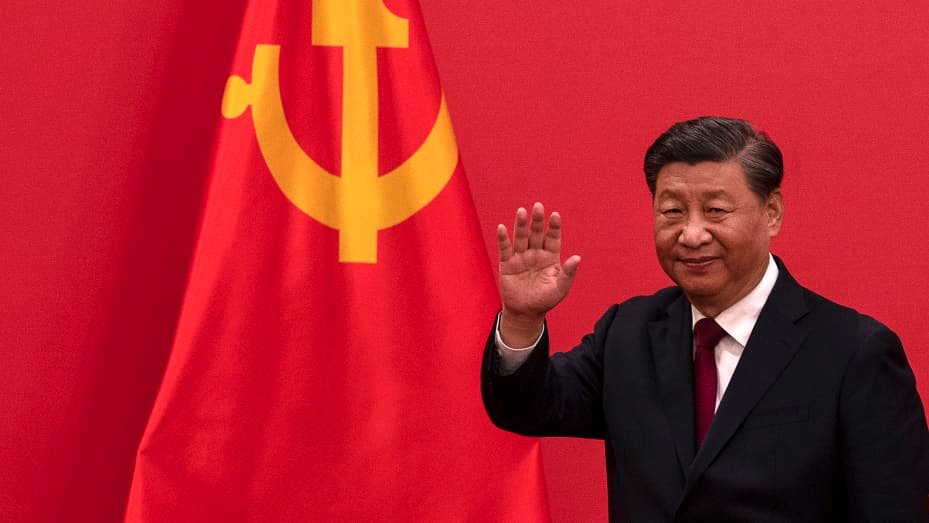#business #economy #China #industrialovercapacity #economicdecoupling #globaltrade #industrialpolicy #marketdynamics
In the ever-evolving landscape of global trade, the stance of influential business groups towards economic policies and international relations plays a pivotal role in shaping markets and industrial dynamics. One such perspective that has garnered significant attention comes from an influential business group that has expressed its concerns regarding the ongoing economic situation. While this group staunchly opposes the idea of economic decoupling, especially in relation to China, their apprehension lies elsewhere. Their primary concern revolves around the potential overcapacity in various Chinese industries, which are integral to Beijing’s ambitious initiative to bolster its industrial and technological prowess on the global stage.
The notion of economic decoupling, or the deliberate reduction of economic ties between countries, particularly between the U.S. and China, has been a topic of heated debate. Proponents argue it’s a necessary measure to safeguard national security interests and protect domestic industries from unfair competition. However, the business group in question argues that such a move could have detrimental effects on global economic stability and growth. It emphasizes the importance of maintaining robust economic relationships and open trade policies to ensure the continued prosperity of global markets. This stance highlights a belief in cooperation over isolation, suggesting that challenges posed by industrial policy shifts and market dynamics are better addressed through dialogue and mutual understanding.
The apprehension about possible overcapacity within Chinese industries is not unfounded. China’s aggressive expansion of its industrial sectors has led to concerns about sustainability and the impact on global markets. Overcapacity can lead to diminished returns, increased waste, and heightened competition that may not always be fair or sustainable in the long run. This situation poses a significant challenge not just to China but to the global economy, as it could lead to market imbalances, dumping practices, and strained international relations. The business group’s concerns reflect a broader anxiety about the potential for these developments to disrupt global trade dynamics and economic stability. In this context, their call for a balanced approach to economic relations and industrial policy is both timely and critical, illuminating the complex interplay between national ambitions and global economic health.





Comments are closed.